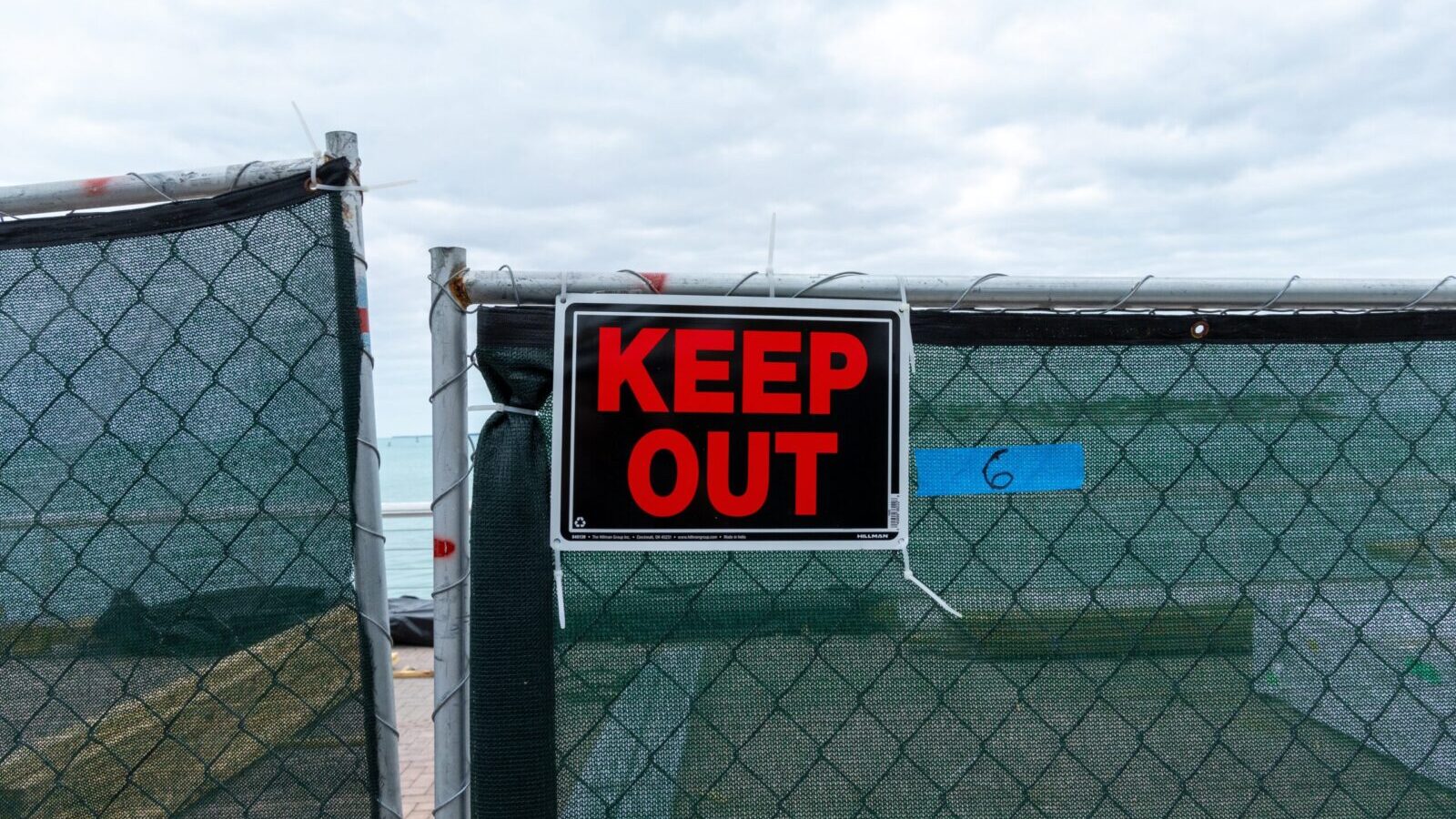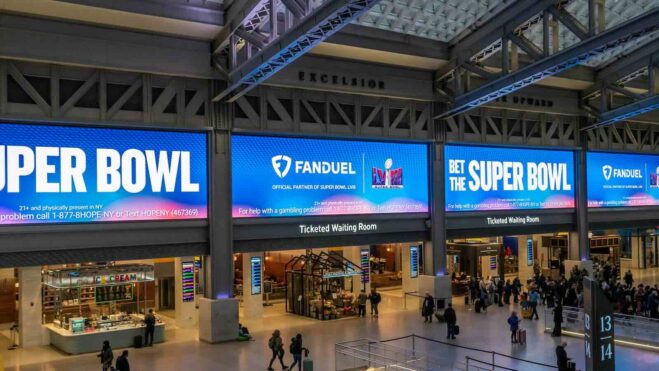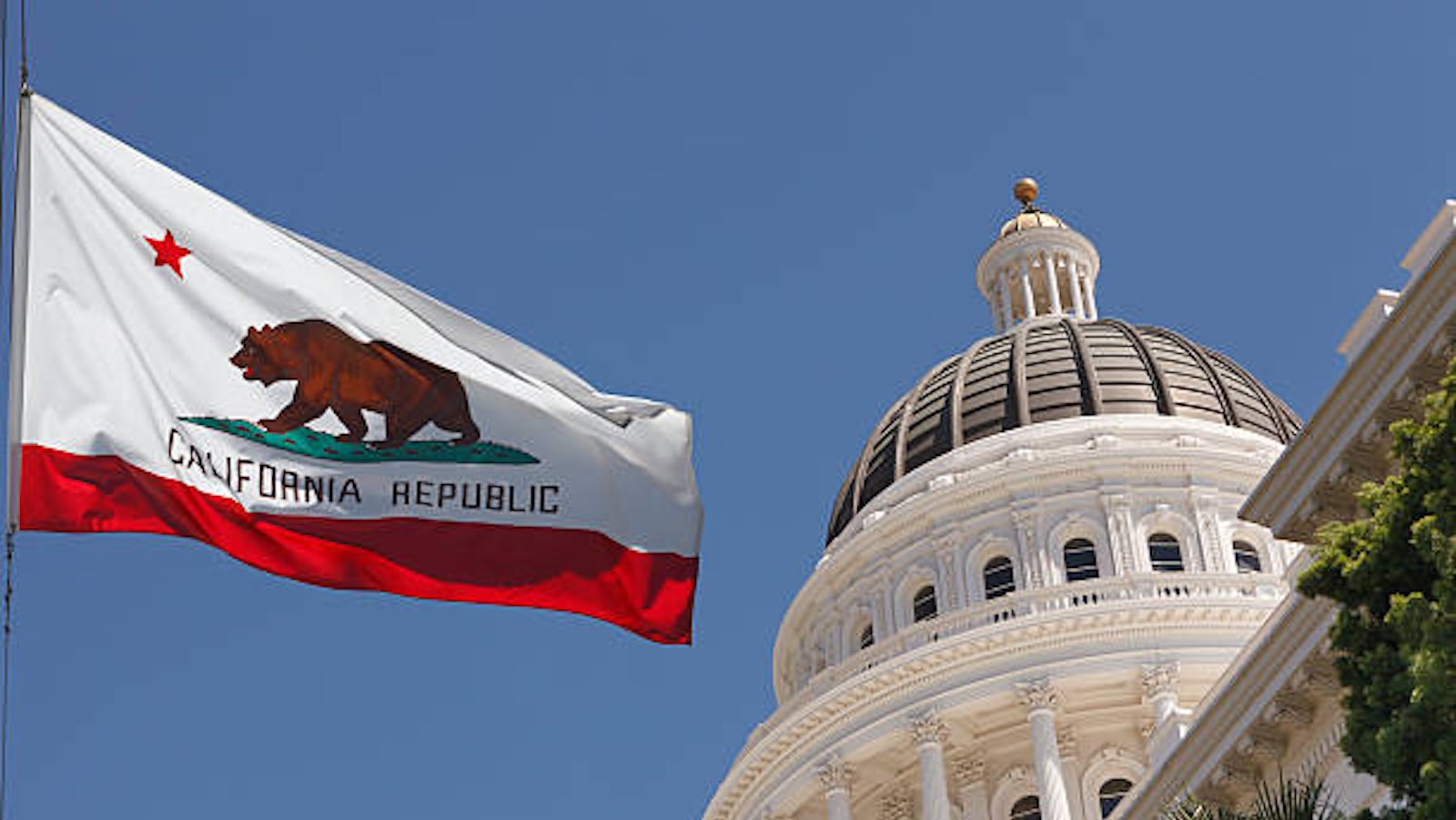Florida Gaming Control Commission Sends C&D Letters To Three Offshore Operators
Bovada, BetUS, and MyBookie all targeted with demands to stop doing business in Florida
2 min

The Florida Gaming Control Commission announced this week it sent cease-and-desist letters to three of the world’s largest offshore gaming operators, demanding they halt their illegal sports betting, horse racing, and online casino operations in the state.
The state agency sent letters to Harp Media L.V., which does business as Bovada; Milvus, Ltc, which conducts business as BetUS.com.pa; and Gaming Services Provider N.V., which conducts business as MyBookie.ag. The FGCC stated the offshore books were in violation of Florida state law at a felony level by conducting gambling in Florida, sending them the following:
“[The gambling websites offered by your overseas bookmaking and casino operation] offers or accepts wagering on sports and horse races, including betting on point spreads, moneylines, and totals, as well as proposition bets and futures in the sportsbook and adding money to bet slips in the racebook. Under Florida law, this conduct is a felony offense. See § 849.14, Fla. Stat. Further, it is a felony offense to receive illegal wagers on the result of any trial or contest of skill, speed or power or endurance of human or beast, or to aid, assist, or abet such illegal wagering.”
The FGCC did not provide the date it sent the letters, but operators usually have 14 days to respond after receiving one. As of 10 a.m. ET on Tuesday, Bovada did not list Florida among the states where its website is “expressively prohibited.”
Neither MyBookie.ag nor Bet.US listed the United States as a country where an account could not be opened, though MyBookie.ag did receive a cease-and-desist letter from the Michigan Gaming Control Board dated Jan. 23.
In the case of Bet.US, its list of banned jurisdictions was most recently updated in September 2023.
Protecting Hard Rock’s interests
The FGCC’s cease-and-desist letters are a means of protecting gaming interests and tax revenue streams in the state. Most notably, this includes Hard Rock’s monopoly on legal sports betting in Florida as part of its reworked compact with the state to offer Class III gaming. That agreement is expected to provide a minimum of $2.5 billion in revenue to the state over a five-year period.
Regarding online casino gambling, the FGCC sent the following:
“[The gambling website offered by the overseas bookmaking and casino operation] offers or accepts wagers on casino-style games, including slots, poker, blackjack, roulette, craps, and baccarat. It is a criminal offense to conduct unauthorized games of chance. §§ 849.08, .15, Fla. Stat. [Additionally,] you allow Florida residents to participate in illegal lotteries, such as deposit matching promotions, giveaways of cash or prizes, and sign-up bonuses. The conduct, promotion, or advertisement of such an illegal lottery is strictly prohibited under Florida law and is a felony offense. See Art. X, § 7, Fla. Const; § 849.09, Fla. Stat.”
The FGCC also noted there are eight state-licensed slot machine businesses that generate $240 million in annual tax revenue. Revenue from the compact is earmarked “for water quality improvement, infrastructure, and management of Florida’s conservation lands.”
Florida Gaming Control Commission Executive Director Ross Marshman noted: “Gaming, both land-based and online, is strictly regulated in Florida. For example, when it comes to slot machine gaming, counting the eight legal, state-licensed slot machine businesses, and the six tribal gaming locations currently operated by the Seminole Tribe of Florida, there are only fourteen legal slot machine businesses in Florida.”
He added, “The only online sportsbook operating lawfully in Florida is the Seminole Tribe of Florida’s Hard Rock Bet. Anyone in Florida betting on the Big Game needs to know this. Bettor beware.”
Not a new story for Bovada
Bovada has been the operator most frequently on the receiving end of cease-and-desist letters from state gaming regulatory bodies. Bovada has rarely acknowledged receiving such letters and usually quietly adds a state to the list of prohibited ones on its terms and conditions page.
Florida would become the 19th jurisdiction on Bovada’s list (18 states and Washington, D.C.) and the largest state in terms of population, ahead of New York. The three largest states for regulated online casino gaming — New Jersey, Pennsylvania, and Michigan — are also on the list.






